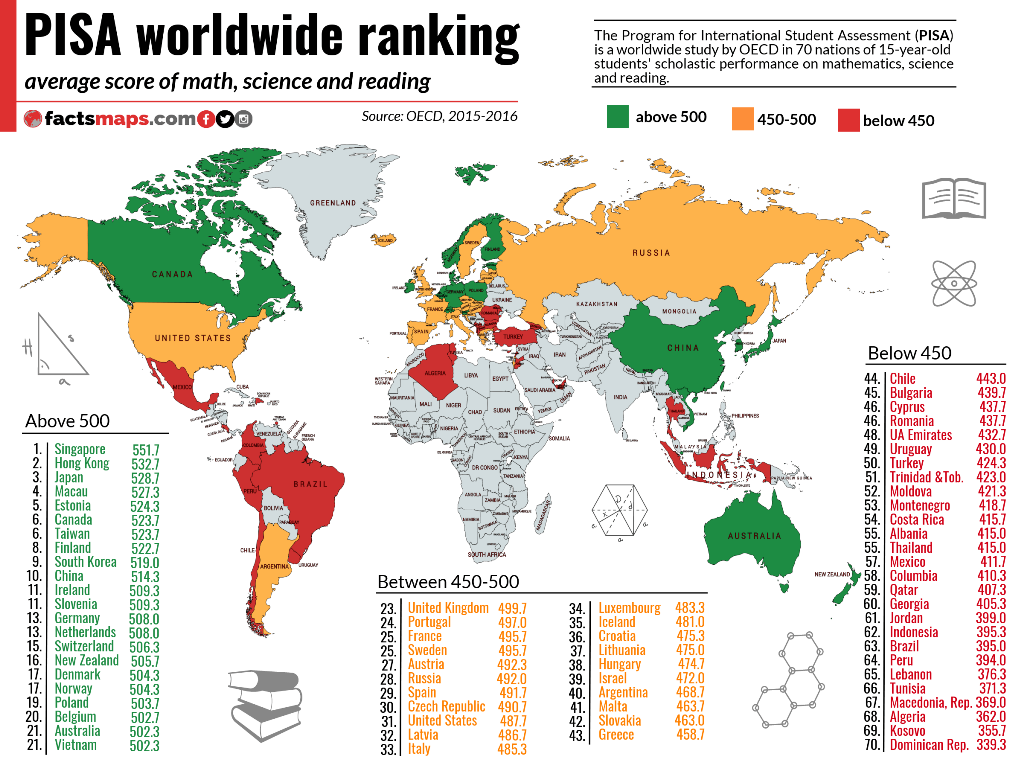The Chinese government has issued a directive that all government offices and public institutions should remove foreign computer equipment and software within the next three years.
The move follows a similar ban in the United States, where the Trump administration blocked US companies from business dealings with Chinese technology giant Huawei and ZTE.
This ban is the first publicly known instruction with specific targets given to Chinese buyers to switch to domestic technology vendors and echoes efforts by the Trump administration to curb the use of Chinese technology in the US.
As also recently, the US proposed that technology sales into the US from “foreign adversaries” would be vetted for national security reasons, and has been pressuring European allies to freeze Huawei out of 5G infrastructure projects.
Google, Intel and Qualcomm have also announced they would freeze collaboration with Huawei; this means it would be impossible to use social tools like Facebook, Google search engine and popular messaging services like WhatsApp.
According to Chinese officials, it is only part of a broader move within China to increase its reliance on domestic technology.
30 million computer hardware to be replaced
According to reports, over 30 million pieces of computer hardware will need replacing in China by 2022 as part of the directive, with large-scale replacement beginning next year.
They added that the replacement would take place at a pace of 30 per cent in 2020, 50 per cent in 2021 and 20 per cent the year after, earning the policy the nickname “3-5-2”.
The 3-5-2 policy is part of a drive for the Chinese government agencies and critical infrastructure operators to use “secure and controllable” technology, as enshrined in the country’s Cyber Security Law passed in 2017.
Huawei to sue US government
Huawei has announced that it would sue the US Federal Communications Commission over what it claims to be an unconstitutional action against it, the world’s second-largest smartphone maker.
US officials have cited security concerns for the ban on business with Huawei, they claim that secret backdoors are built into Huawei products to allow China to spy on users have never been proven.
Glen Nager, Huawei’s chief legal counsel at a press conference last week, said the order to proscribe the international organisation fails to give Huawei constitutionally required due process before stigmatising it as a national security threat. He demanded that the US Federal Communications Commission provide an opportunity to confront the supposed evidence and witnesses, and grant a fair and neutral hearing process.







